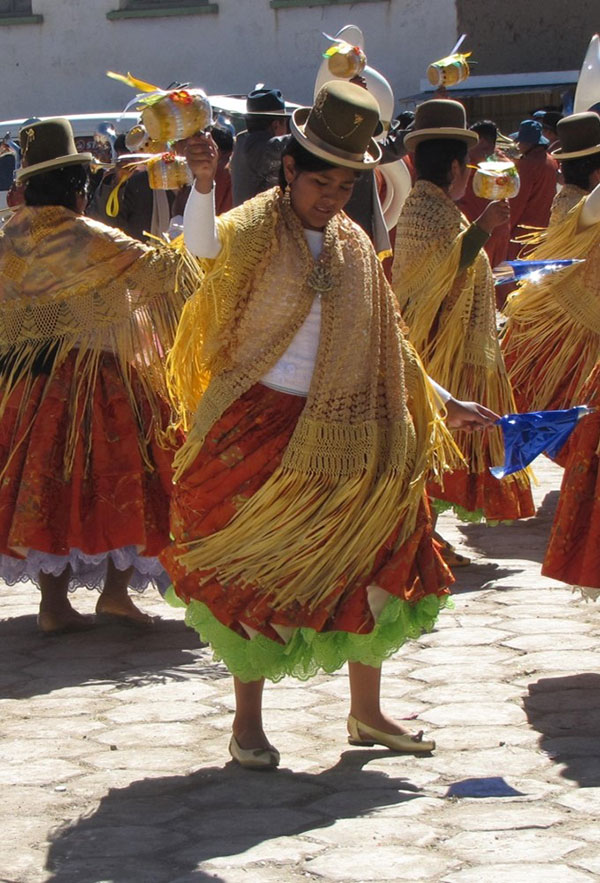Professor Virginia J. Vitzthum, a distinguished scholar of human adaptation whose work has focused on female reproductive biology, retires from IU this semester. She received her Ph.D. in Anthropology in 1986 from University of Michigan, followed by a postdoc in Demography at Michigan's esteemed Population Studies Center.
At IU she has been a Professor of Anthropology and Senior Scientist in the Kinsey Institute, with affiliate appointments in Gender Studies, the Center for the Integrated Study of Animal Behavior, and the Center for Latin American and Caribbean Studies. Upon retiring, she will continue her research as Emeritus Professor of Anthropology.
Before coming to Indiana University in 2008 she held faculty positions at the University of California and SUNY Binghamton as well as an impressive array of visiting fellow and researcher positions, including at the Max Planck Institute (Leipzig) and University of Iceland.
She has twice been a Senior Fulbright Scholar, and twice an AAAS Science and Diplomacy Fellow, contributing to international programs for the prevention of mother-to-child HIV transmission, reducing female and child mortality, and broadening contraceptive options. She then served at NSF, subsequently becoming an NSF Program Director. Her contributions to science and global health were recognized by her election to Fellow of the American Association for the Advancement of Science in 2011. Throughout her career she has been supported by numerous National Science Foundation grants, and funding from the University of California, the Wenner-Gren Foundation, and other non-government organizations.
Professor Vitzthum's research focuses on understanding female reproductive biology from molecules to morphology, informed by an evolutionary perspective. Early in her career, she considered the paradox of why women in non-industrialized countries had high birth rates despite arduous physical labor, while women in industrialized countries often became infertile when initiating exercise programs. She developed the "Flexible Response Model," which explained this phenomenon as an evolutionary adaptation to ensure successful reproduction under lifelong harsh conditions.
Professor Vitzthum's prolific scientific career is built on field-based research in some of the most challenging environments humans inhabit, chosen because these populations provide "natural experiments" for addressing complex questions about human adaptations. She has developed numerous field-friendly techniques for unobtrusively measuring human behaviors, collecting biological samples, and maintaining sample integrity in these remote locales.
For more than 30 years she has collaborated with Dr. Hilde Spielvogel of the Bolivian Institute for High Altitude Biology on studies of indigenous Andeans living above 4000 meters.

 The College of Arts
The College of Arts